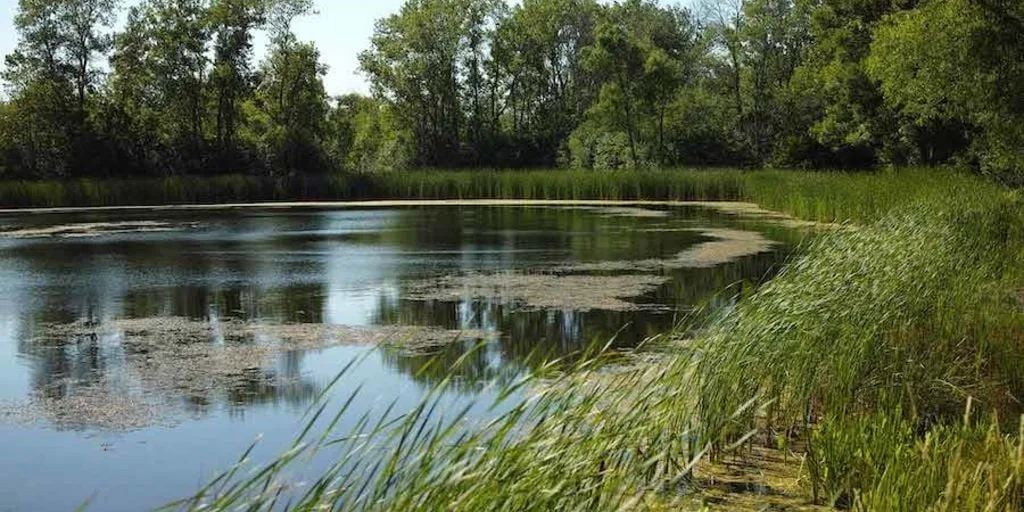July 06, 2023 02:23 PM
Picture 50,000 acres of forest preserves and open space, 550 miles of trail and bikeway connections, 40 miles of Lake Michigan beaches, more than 200 lakes and rivers, and a vibrant cultural landscape.
Now, also envision toxic superfund sites, transportation and language barriers to access nature, and health, economic and life expectancy outcomes that disproportionately impact Black and Brown residents.
The first image is what often comes to mind when we think of Lake County, just north of Cook County. But it is the second that illustrates the challenges we must address in facing health, climate, and nature barriers to social and economic justice for the more than 700,000 residents of the county.
Where you live should not impact how long you live. However, like much of the Chicago region, Lake County’s history of housing discrimination and industrial development continue to drive systemic inequities at the root of environmental and health injustices — a legacy that became even clearer during the pandemic. The pandemic also served to raise awareness of the mental and physical health benefits of access to clean air and water and open space.
Our new report “Health, Equity, and Nature: A Changing Climate in Lake County, Illinois” finds in the data, but even more in the personal stories, how health equity, climate justice and the environment are deeply interconnected issues. (You can also read the report below.)
The report illustrates how these issues compound to disproportionately overburden Black and Brown communities in northeastern Lake County. For example, residents of Lake Forest, an affluent North Shore suburb, live on average 15 years longer than residents of North Chicago, a primarily Black and Latino community along Lake Michigan. It is not a coincidence that these geographic health disparities align with decades-long community fights against toxic waste, groundwater contamination and industrial manufacturing pollution.
A little farther north, Waukegan — where the median household income is $53,778, compared to the household county average of $92,654 — is home to Clean Power Lake County, a powerhouse of community activism fighting for climate justice, helping to pass Illinois’ Climate & Equitable Jobs Act and working to secure a just transition for a recently closed coal plant whose coal ash ponds still threaten the drinking water of the entire Lake Michigan basin. Community members have a vision for a just and sustainable future, but they need investment in systems and resources that will bring these to fruition.
Research shows the enormous importance of time spent in nature on human health, with documented benefits to cardiovascular disease, depression, stress and anxiety, and of particular developmental importance for children. Yet, there is unequal access to green spaces, both in terms of proximity as well as safety and feelings of belonging. In Lake County, nearly half of Black/African American survey respondents and 31% of Hispanic/Latino respondents expressed concerns about access, safety or maintenance to visiting parks or open spaces compared to 21% of White respondents. Nearly one-quarter of Lake County identifies as Hispanic or Latino, and in parts of the county this percentage is greater than 50% of residents, but these individuals are excluded from decision-making processes relevant to their environment and health due to language barriers, including a lack of resources available in Spanish.
What can be done to break this cycle for the health of our communities and our planet? The report highlights more than 60 actions for individuals, institutions, foundations, businesses and policy-makers. We must focus investments on supporting communities hardest hit by air, water and ground pollution, and most impacted by climate change, as well as on guarding against future siting of dangerous operations. We must insist that community residents have a voice and power in the decisions that will impact the health of their communities. We must ensure equal access to the green and blue spaces that we know are crucial to well-being.
It will take a collective effort to move all of our communities closer to the equitable, just and sustainable future that they deserve.
Catherine Game is executive director of Brushwood Center at Ryerson Woods, a nonprofit dedicated to promoting equity and making nature accessible through community action.



